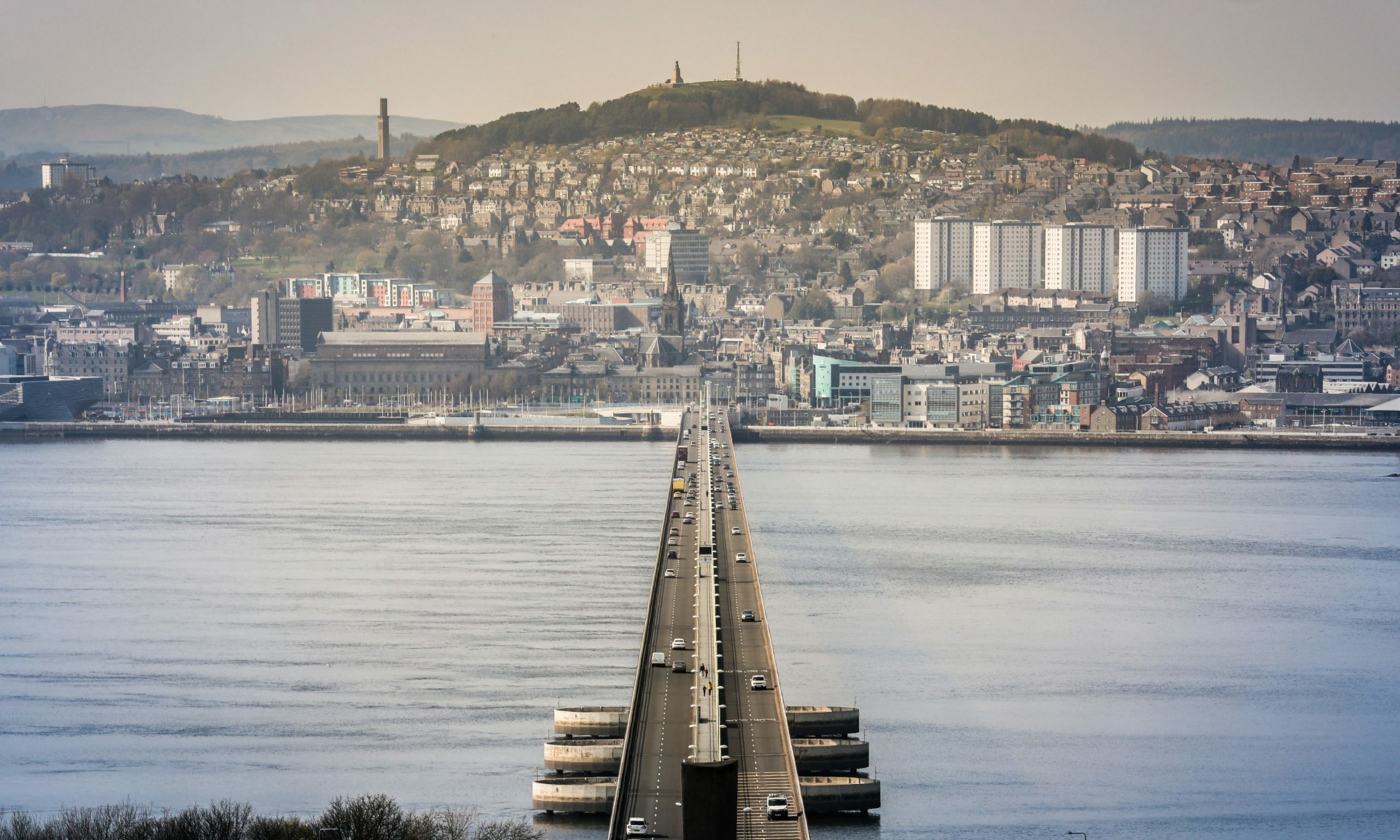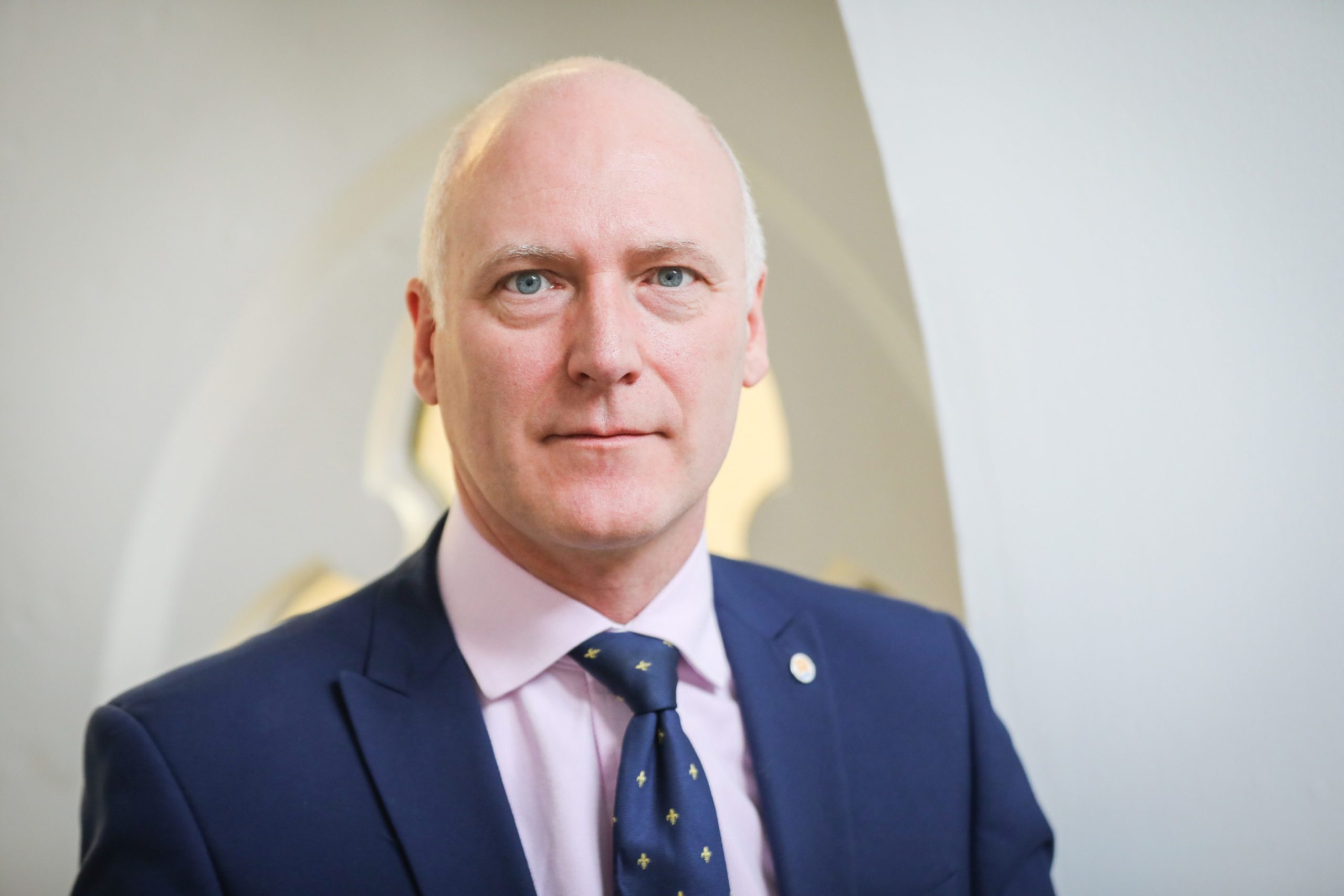Dundee kills. More die in the city than any other in Scotland, in Europe, from drug overdoses.
An annual ritual of introspection, of hand-wringing and numbness. The year’s death toll from drug deaths is out on July 30, and Scotland holds the memorial wreath.
A hundred died from drugs across the land 30 years ago and it was thought a scandal. Mothers cried at the wasted youth. Everyone said something must be done.
Edinburgh was the smack capital of Europe. Methadone joined the list of our national drinks. Made from grinding down souls.
Roll forward and the death rate has risen by a factor of 10. We can still cite the shock of deindustrialisation, of bad housing and unemployment as factors, as we did then. You can utter the great cop out word “Thatcher” if you want. But that saves no lives.
Britain has barely changed its drug policy in 30 years
In no other policy would we so lazily blame the past. Not when, decades later, the problem has become measurably worse.
Dundee’s the capital now, while Scotland still wears the jagged crown of drug deaths in Europe. Our death rate from drugs doubled in the last five years. That’s a fact with a long history, no doubt, but is borne of current policy.
We have more than three times the ratio of drug deaths per 100,000 people than the next comparable country. Something happened around 2014-2015 to see our fatality rate dramatically increase.
This is the death toll here and now, in a city that’s a safe bet to support the Scottish Government. This is not the hated Thatcher or the failure of remote government.
Nor is it a failure from divided governments. Drugs policy rests with London, housing and health with Edinburgh. They don’t agree with each other, but nobody involved in the policy thinks it’s the usual blame game. In this case, both are at fault.
To both are levelled the charge of conservative thinking. Other nations have completely changed their drug policies in the last three decades. Britain barely at all.
Scotland’s policy is ‘sound sad, do little’
There is a debate in England at the moment about the quality of political leadership. Boris looks like a man bored by the carousel. Given that Britain, in his words, has only just achieved its “Independence Day” in Brexit, you’d imagine now might be a time for ferocious reinvention. Apparently not so.
In search of their own independence day, the Scottish Government have been pursuing low activity politics. It amounts to a saltire draped as a dust sheet over the untouched business of Scotland, like a cloth protecting a museum exhibit.
This is not leadership. Where there should be champions for drugs reform, or any number of other policy areas, we get conformity to a policy of “sound sad, do little”.
Europe’s drug capital elected Joe FitzPatrick for Dundee West and in the course of his loyal service, he became the minister for public health during the last Edinburgh parliament. Equipped with an office and a team of officials, he set about doing the rounds of public appearances and parliamentary statements.
Play the part. Follow the guidance. Don’t get too involved. If in doubt, blame Westminster.
But for once, unusually, this was not enough. When it emerged drug deaths had increased yet again, Nicola Sturgeon fired him. Public and political mood had shifted. Just doing the rounds wasn’t enough. Over 1,200 deaths was too much.
Save us from the sentimental reaction, the annual “isn’t it awful?”, and speak up about real drug reform. In 30 years the conservative approach hasn’t worked
Sturgeon promised action. As she does again this week. With a different public health minister, and the same policies. She described FitzPatrick’s failure as “taking an eye off the ball”.
These are fatality stats that rose five years ago. The “ball” in this case, since 2015, amounted to over 5,000 dead people. In contrast, under 8,000 Scots have died from Covid.
It is a dereliction of government on a grand scale. An abject failure to respond to a public health crisis. And a brutal exposé of what happens when a nation’s needs are suppressed into a single story about independence. The awkward, the difficult and the challenging are ignored for the sake of a political prize.
It’s time for change
Scotland needs reform now. We may not have the powers, but we have the voice to demand something beyond the fractional difference between Scotland and England.
Save us from the sentimental reaction, the annual “isn’t it awful?”, and speak up about real drug reform. In 30 years the conservative approach hasn’t worked. It’s time for a change.
We need to champion a controlled drug use policy. To step away from the legal approach and move to a health-based policy.
And Dundee, beautiful, bold Dundee, needs to break free from its dependency on do-little politics.



